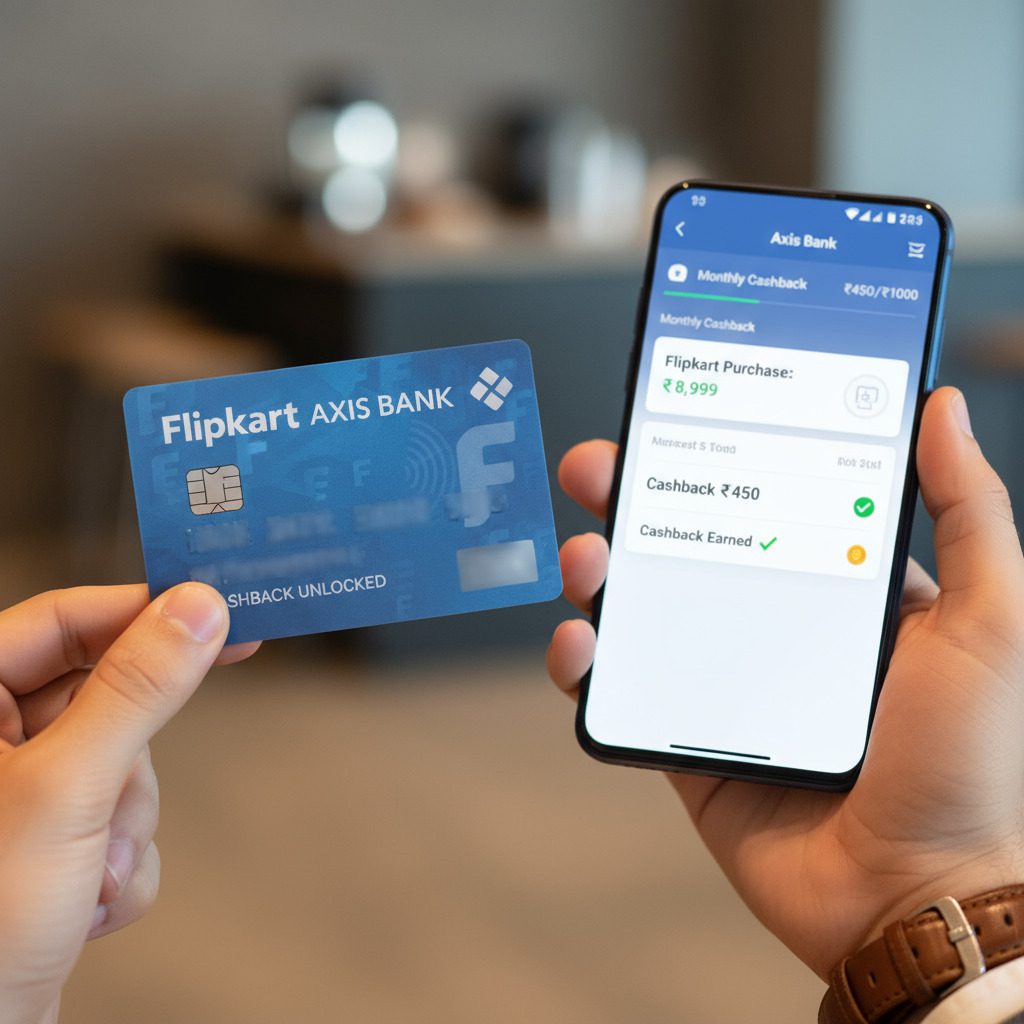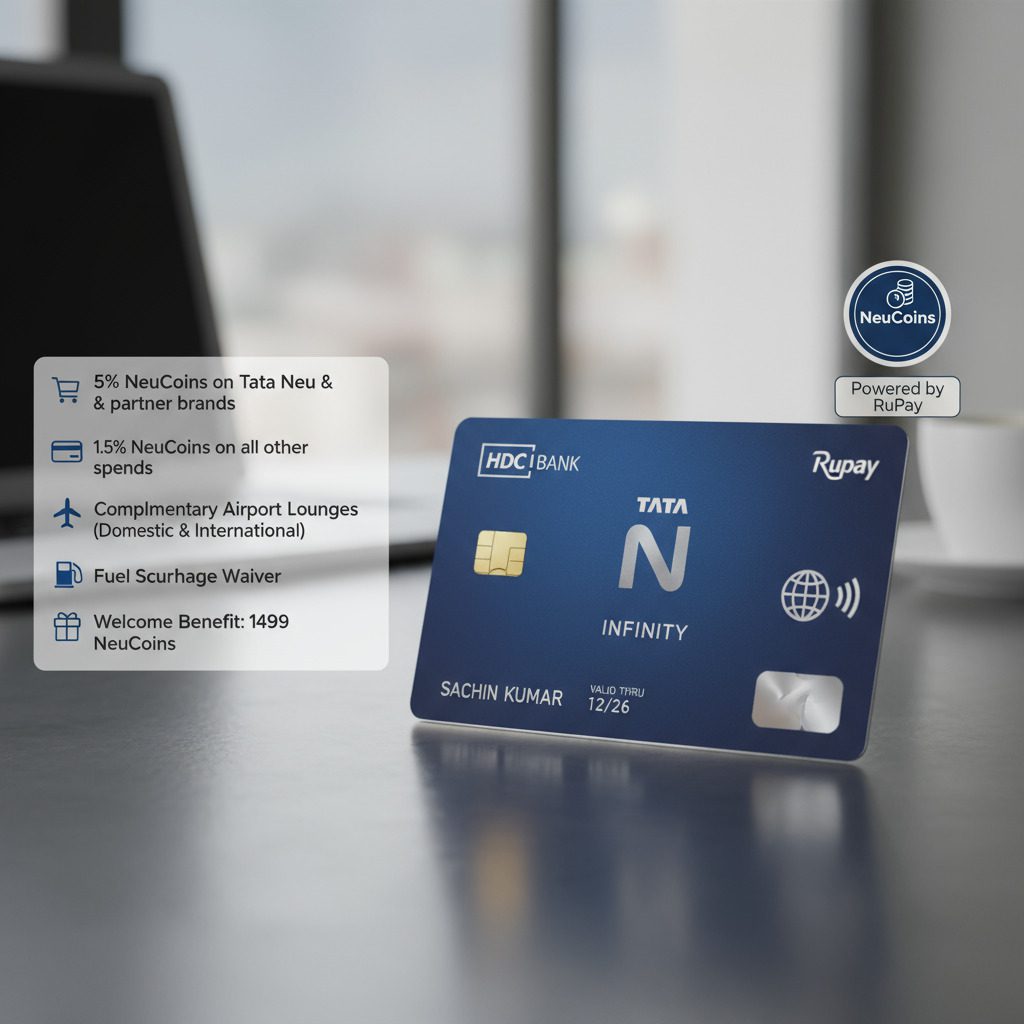Is Forex Trading Legal in India? RBI & SEBI Rules (2025)
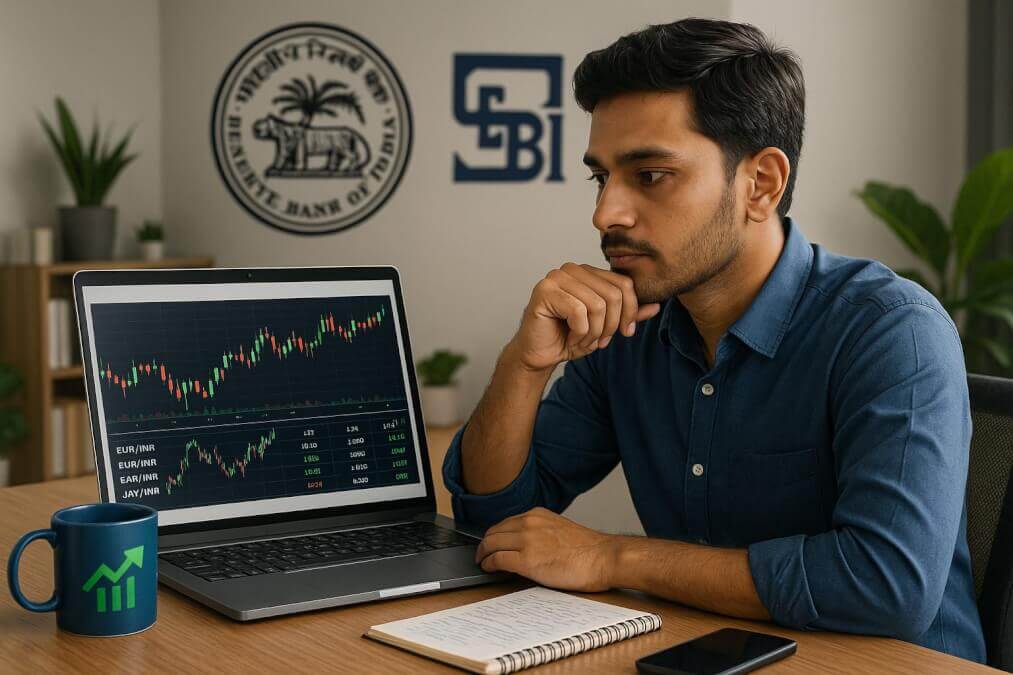
Is Forex Trading Legal in India: Complete Guide for Beginners 2025
Kya aap soch rahe hain ki forex trading India mein legal hai ya nahi? Agar aap ek beginner hain aur forex market mein interest hai, toh ye sawal bilkul natural hai. Aaj ke is comprehensive guide mein, hum detail mein samjhaenge ki forex trading legal hai India mein, lekin kuch specific conditions ke saath.
Forex trading India mein completely banned nahi hai, lekin RBI (Reserve Bank of India) aur SEBI (Securities and Exchange Board of India) ke strict rules follow karne padते हैं. Sabse important baat ye hai ki aap sirf authorized channels se hi trade kar sakte hain – otherwise hefty penalties aur imprisonment ka khatra hai.select.finology+3
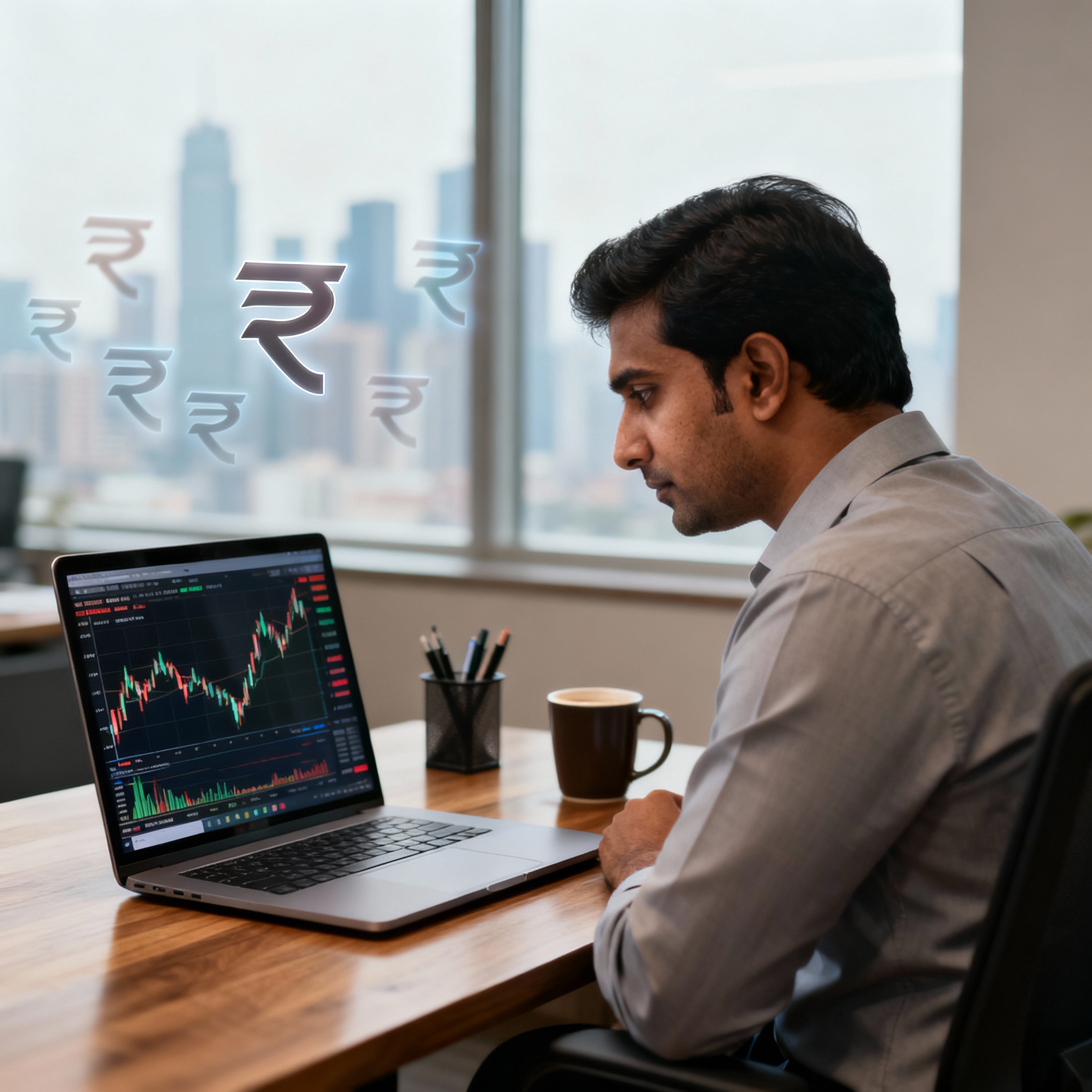
Professional forex trading setup in India showing currency market analysis
Is Forex Trading Legal in India: Legal Framework Kya Hai?
FEMA Act 1999 – Main Regulatory Law
Forex trading India mein Foreign Exchange Management Act (FEMA) 1999 ke under regulate hoti hai. Ye act decide karta hai ki kya legal hai aur kya illegal. FEMA ka main purpose hai foreign exchange transactions ko control karna aur country ki financial stability maintain karna.onlinenifm
RBI aur SEBI dono milkar forex market ko govern karte hain:
- RBI (Reserve Bank of India): Foreign exchange transactions ko regulate karta hai aur decide karta hai ki konse currency pairs allowed hainselect.finology
- SEBI (Securities and Exchange Board of India): Currency derivatives trading ko oversee karta hai aur brokers ko register karta haiitbfx
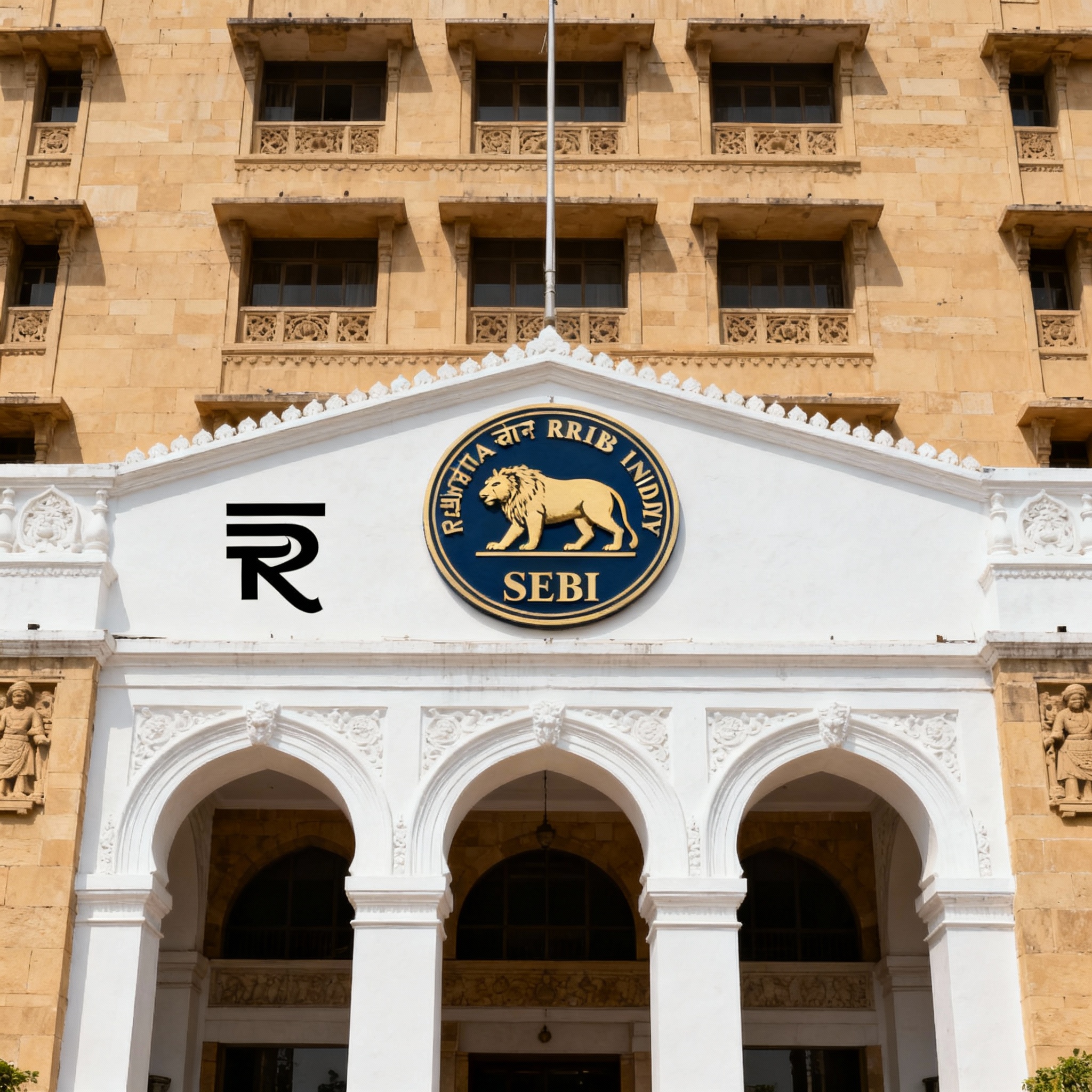
RBI and SEBI regulatory authorities governing forex trading in India
Legal Forex Trading – Kya Allowed Hai?
India mein forex trading legal hai, lekin sirf ye conditions ke saath:itbfx+1
- INR-based Currency Pairs Only: Aap sirf un currency pairs mein trade kar sakte hain jismein Indian Rupee (INR) involved ho
- SEBI-Registered Brokers: Trading sirf SEBI-registered brokers ke through hi allowed hai
- Recognized Exchanges: NSE, BSE, aur MSE jaisi recognized exchanges par hi trading honi chahiyekotaksecurities
Permitted Currency Pairs:
- USD/INR (US Dollar vs Indian Rupee)
- EUR/INR (Euro vs Indian Rupee)
- GBP/INR (British Pound vs Indian Rupee)
- JPY/INR (Japanese Yen vs Indian Rupee)onlinenifm+1
Recently SEBI ne kuch cross-currency pairs bhi allow kiye hain jaise EUR/USD, GBP/USD, aur USD/JPY, lekin ye sirf exchanges ke through.itbfx
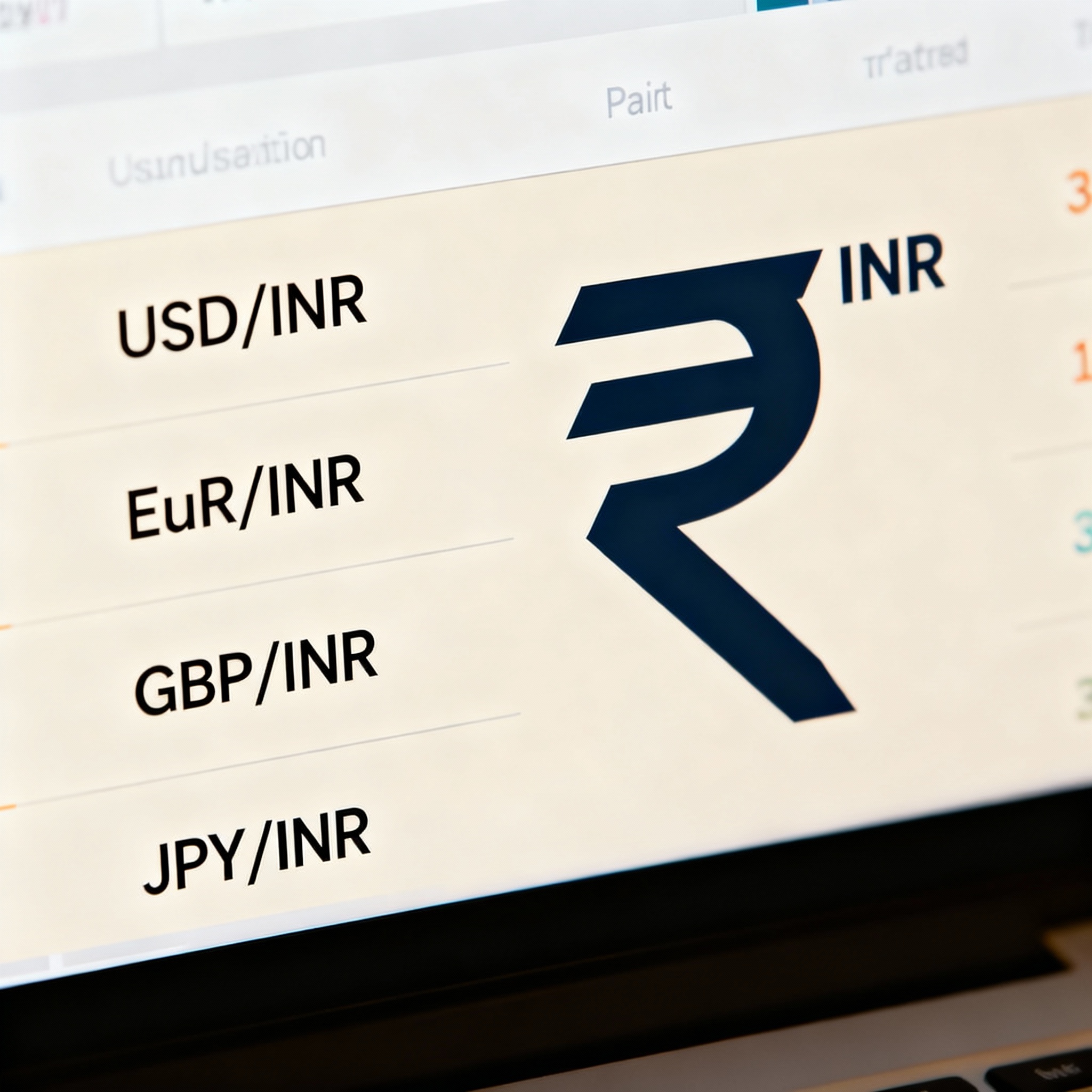
Legal currency pairs for forex trading in India involving Indian Rupee
Illegal Forex Trading – Kya Prohibited Hai?
International Brokers Ke Saath Trading
Bahut se Indians international forex brokers jaise XM, FXTM, ya offshore platforms use karte hain. Ye completely illegal hai FEMA ke under. Aise platforms ke saath trading karne se:pippenguin+1
- Heavy fines lag sakte hain
- Assets seizure ho sakte hain
- Criminal charges aur imprisonment tak ho sakti hai
Non-INR Currency Pairs
Direct USD/EUR, GBP/JPY jaisi non-INR pairs mein trading strictly prohibited hai. Ye sirf banks aur authorized dealers ke liye allowed hai, retail investors ke liye nahi.onlinenifm+1
Remittance for Forex Trading
Foreign brokers ko money transfer karna FEMA violation hai. RBI ne specifically prohibit kiya hai fund remittance for unauthorized forex trading activities.onlinenifm
FEMA Violation Ke Penalties Kya Hain?
Agar aap illegal forex trading karte pakde jaate hain, toh consequences bahut serious hain:
Financial Penalties
Section 13 of FEMA के अंतर्गत:pippenguin+1
- Fine up to 3 times the amount involved in violation
- Minimum penalty ₹2 lakhs agar amount quantifiable nahi hai
- Daily penalty ₹5,000 per day for continuing violationspippenguin
Criminal Penalties
Serious cases mein:tradersunion+1
- Imprisonment up to 5-7 years
- Asset confiscation और seizure
- Ban from future financial transactions
- License revocation (applicable for businesses)
Real Example
Agar aap ₹10 lakhs international broker ko send karte hain illegal trading ke liye, toh fine ₹30 lakhs tak ho sakta hai, plus daily penalties aur potential imprisonment.pippenguin+1
Legal Forex Trading Kaise Shuru Karein?
Step 1: SEBI-Registered Broker Choose Karein
India mein legal forex trading ke liye, aapko SEBI-registered broker select karna hoga. Top options hain:pippenguin+1
Popular SEBI-Registered Brokers:
- Zerodha (Registration: INZ000031633) – Low cost, user-friendly platformpippenguin
- ICICI Direct (Registration: INZ000183631) – Strong brand reputationpippenguin
- HDFC Securities (Registration: INZ000186937) – Reliable executionpippenguin
- Kotak Securities (Registration: INZ000200137) – Advanced toolspippenguin
- Angel One (Registration: INZ000161534) – Mobile-first approachpippenguin
Step 2: Currency Derivatives Samjhiye
India mein retail forex trading currency derivatives ke through hoti hai. Ye futures aur options contracts hain:zerodha+1
Currency Futures: Standardized contracts where you agree to buy/sell currency at predetermined rate on future datezerodha
Currency Options: Right (not obligation) to buy/sell currency at specific rate before expiryzerodha
Lot Sizes:
- USDINR: 1 lot = $1,000
- EURINR: 1 lot = €1,000
- GBPINR: 1 lot = £1,000
- JPYINR: 1 lot = ¥100,000zerodha
Step 3: Demo Trading Se Practice Karein
Pehle demo account use karein real money risk karne se pahle. Ye help karta hai:kotaksecurities+1
- Platform ko samajhne mein
- Strategies test karne mein
- Emotions control karne mein
- Risk management seekhne mein
Step 4: Small Amount Se Start Karein
Real trading शुरू करते समय:shareindia+1
- Minimum ₹500-₹1,000 se start karें
- Risk management rules follow करें
- Position sizing properly करें
- Stop loss aur take profit use करें
Step 5: Continuous Learning
Forex market mein success के लिए continuous learning zaroori hai:kotaksecurities+1
- Technical analysis सीखें
- Fundamental analysis समझें
- Market news follow करें
- Economic indicators track करें
Currency Derivatives Trading के Benefits
Hedging Opportunities
Agar aap importer/exporter हैं या foreign exposure है, toh currency derivatives se hedge kar sakte हैं:kotaksecurities+1
Example: Agar aap US se goods import karte हैं aur USD strong होने का डर है, toh USD/INR futures buy करके hedge कर सकते हैं.
Speculation aur Trading
Currency volatility se profit बना सकते हैं:kotaksecurities
- Short-term movements पर trade कर सकते हैं
- Technical analysis use कर सकते हैं
- Different time frames मैं opportunities देख सकते हैं
Portfolio Diversification
Currency derivatives portfolio diversification मैं help करते हैं क्योंकि currencies अक्सर stocks aur bonds के opposite direction मैं move करती हैं.kotaksecurities
Forex Trading Strategies for Beginners
Basic Trading Approaches
Long aur Short Trades:
- Long Trade: Currency price increase होने पर bet करना
- Short Trade: Currency price decrease होने पर bet करनाshareindia
Time-Based Strategies:
- Scalping: Seconds/minutes के लिए positions hold करना
- Day Trading: Same day positions open aur close करना
- Swing Trading: Days/weeks के लिए positions hold करना
- Position Trading: Months/years के लिए long-term positionsebc+1
Technical Analysis Tools
- Moving Averages: Trend direction identify करने के लिए
- Support aur Resistance Levels: Entry aur exit points के लिए
- RSI (Relative Strength Index): Overbought/oversold conditions के लिए
- Candlestick Patterns: Price action analysis के लिए
Risk Management – Sabse Important
Position Sizing
अपना total capital का केवल 1-2% ही किसी एक trade मैं risk करें. Agar aapke पास ₹1 lakh है, तो maximum ₹1,000-₹2,000 per trade risk करें.kotaksecurities+1
Stop Loss aur Take Profit
हमेशा predetermined stop loss aur take profit levels set करें trade enter करने से पहले. Ye emotions को control करने मैं help करता है.kotaksecurities
Diversification
Ek ही currency pair मैं सारा money ना लगाएं. Different pairs मैं diversify करें risk कम करने के लिए.
Leverage Control
High leverage attractive lagता है लेकिन beginners के लिए dangerous है. Start with low leverage aur gradually increase करें experience के साथ.ebc
Tax Implications – Forex Trading Par Tax
Income Tax
Forex trading से होने वाली gains पर income tax applicable है:shareindia
Tax Slabs (2025-26):
- Up to ₹2.5 lakhs: No tax
- ₹2.5-5 lakhs: 5%
- ₹5-10 lakhs: 20%
- Above ₹10 lakhs: 30%shareindia
GST on Forex Trading
Forex transactions पर GST भी applicable है, जो 18% तक हो सकता है transaction value के base पर.shareindia
Record Keeping
Proper records maintain करना zaroori है:
- Trading statements save करें
- Profit/loss calculations maintain करें
- Tax filing के समय proper documentation रखें
Common Mistakes Beginners Should Avoid
International Brokers Ka Use
सबसे बड़ी mistake है international/offshore brokers का use करना. Ye legal issues create कर सकता है aur आपका money भी risk मैं पड़ सकता है.pippenguin+1
High Leverage
Beginners अक्सर high leverage के chakkar मैं पड़ जाते हैं. Start with 1:10 या उससे कम leverage के साथ.
Emotional Trading
Fear aur greed के base पर trading decisions ना लें. Stick to your trading plan.
No Risk Management
Stop loss ना लगाना sabse dangerous mistake है. हमेशा risk management rules follow करें.
Over-Trading
Market मैं हमेशा opportunities नहीं होती. Patient रहें aur quality setups का wait करें.
Future of Forex Trading in India
SEBI’s Recent Developments
SEBI continuously regulations improve कर रहा है retail traders के लिए. Recently allow kiye गए cross-currency pairs एक positive step है.itbfx
Technology Integration
Trading platforms increasingly advanced हो रहे हैं with better charts, analysis tools, aur mobile accessibility.pippenguin+1
Educational Resources
अब ज्यादा educational content available है Hindi mein, जो Indian traders के लिए helpful है.youtube+2
Frequently Asked Questions
Q: Kya main India mein forex trading kar sakta hun?
A: Haan, bilkul kar sakte hain! Lekin sirf SEBI-registered brokers के through aur INR-based currency pairs mein. Aap USD/INR, EUR/INR, GBP/INR, aur JPY/INR trade kar sakte hain NSE, BSE जैसी recognized exchanges पर. International brokers का use करना illegal है aur FEMA violations के under serious penalties हो सकती हैं including fines up to 3 times the amount aur imprisonment. Starting के लिए demo account use करें, proper risk management follow करें, aur small amounts से शुरुआत करें.select.finology+3
Q: International forex brokers use karna legal hai?
A: Nahi, bilkul legal नहीं है! International forex brokers जैसे XM, FXTM या कोई भी offshore platform use करना FEMA Act 1999 के under strict violation है. Aise platforms के साथ trading करने से आप पर heavy penalties लग सकती हैं – fine तक 3 गुना transaction amount का, daily ₹5,000 penalty, asset seizure, aur worst case मैं 5-7 साल तक की imprisonment. RBI aur SEBI ने specifically prohibit किया है fund remittance foreign brokers को forex trading के लिए. हमेशा SEBI-registered brokers जैसे Zerodha, ICICI Direct, HDFC Securities use करें legal trading के लिए.pippenguin+3
Q: Forex trading mein kitna paisa lagana chahiye beginners ko?
A: Beginners को बिल्कुल small amount से start करना चाहिए – minimum ₹500 से ₹1,000 तक. अपने total capital का केवल 1-2% ही किसी एक trade मैं risk करें. पहले demo account पर practice करें real money invest करने से पहले कम से कम 2-3 महीने तक. Forex market highly volatile है aur leverage की वजह से losses बहुत जल्दी हो सकते हैं. Risk management rules follow करें – stop loss लगाना, position sizing control करना, emotional trading avoid करना. Experience gain करने के बाद gradually investment amount बढ़ा सकते हैं, but never invest money you can’t afford to lose.kotaksecurities+2
Q: Currency derivatives aur spot forex mein kya difference hai?
A: India mein retail investors के लिए केवल currency derivatives (futures aur options) allow हैं, spot forex trading नहीं. Currency derivatives standardized contracts हैं जो exchanges (NSE, BSE) पर trade होते हैं with specific lot sizes – जैसे USDINR का 1 lot = $1,000. Spot forex मैं आप directly currencies buy/sell करते हैं current market price पर, लेकिन ये India मैं retail traders के लिए prohibited है. Derivatives regulated environment मैं trade होते हैं with proper margin requirements, settlement procedures, aur investor protection. Futures contracts specific expiry dates होती हैं जबकि options आपको right देते हैं (not obligation) predetermined price पर currency buy/sell करने का.zerodha+1
Q: FEMA violation ke consequences kya hain detail mein?
A: FEMA violation के consequences बहुत serious हैं aur multiple levels पर apply होते हैं. Financial penalties include – fine up to 3 times the violated amount (जैसे ₹1 lakh illegal transaction पर ₹3 lakh fine), minimum ₹2 lakh penalty अगर amount quantifiable नहीं है, daily continuing penalty ₹5,000 per day violation continue रहने तक. Criminal consequences include – imprisonment 5-7 years तक in serious cases, asset seizure aur confiscation by Enforcement Directorate, ban from future financial transactions, license revocation for businesses. Additional punishments include – being blacklisted from banking system, difficulty in future visa applications, impact on credit score, legal costs for court proceedings. बेहतर है legal channels use करें rather than risk करना these severe consequences.pippenguin+2
Conclusion
Forex trading India mein legal hai, लेकिन proper channels aur regulations के साथ. SEBI-registered brokers के through INR-based currency pairs मैं trading कर सकते हैं safely aur legally. International brokers का temptation ना मैं आएं – legal consequences bahut serious हैं including heavy fines aur imprisonment.select.finology+4
Successful forex trading के लिए proper education, risk management, aur patience zaroori है. Demo trading से शुरुआत करें, small amounts invest करें, aur continuously सीखते रहें. Remember करें कि forex trading high-risk activity है – केवल वही money invest करें जिसे आप afford कर सकें lose करना.kotaksecurities+1
Agar aapko forex trading मैं seriously interest है, तो proper channels use करें aur legal framework के अंदर रहकर trade करें. Market mein opportunities हमेशा होती रहती हैं, लेकिन safety aur legality को compromise ना करें short-term gains के लिए.
External Resources:
- Comprehensive Investment Guide – InvestsNow
- SEBI Official Guidelines for Currency Derivatives
- RBI Authorized Forex Dealers List
Related YouTube Videos:
- “Forex Trading Basics Hindi”
- “Currency Derivatives Trading Guide”
- “SEBI Registered Brokers Comparison”
Start Your Legal Forex Journey:
Open Trading Account with Authorized Broker
Agar aapko koi aur sawal hai forex trading के बारे मैं, तoh comment करें! हम आपकी help करने के लिए हमेशा ready हैं.

